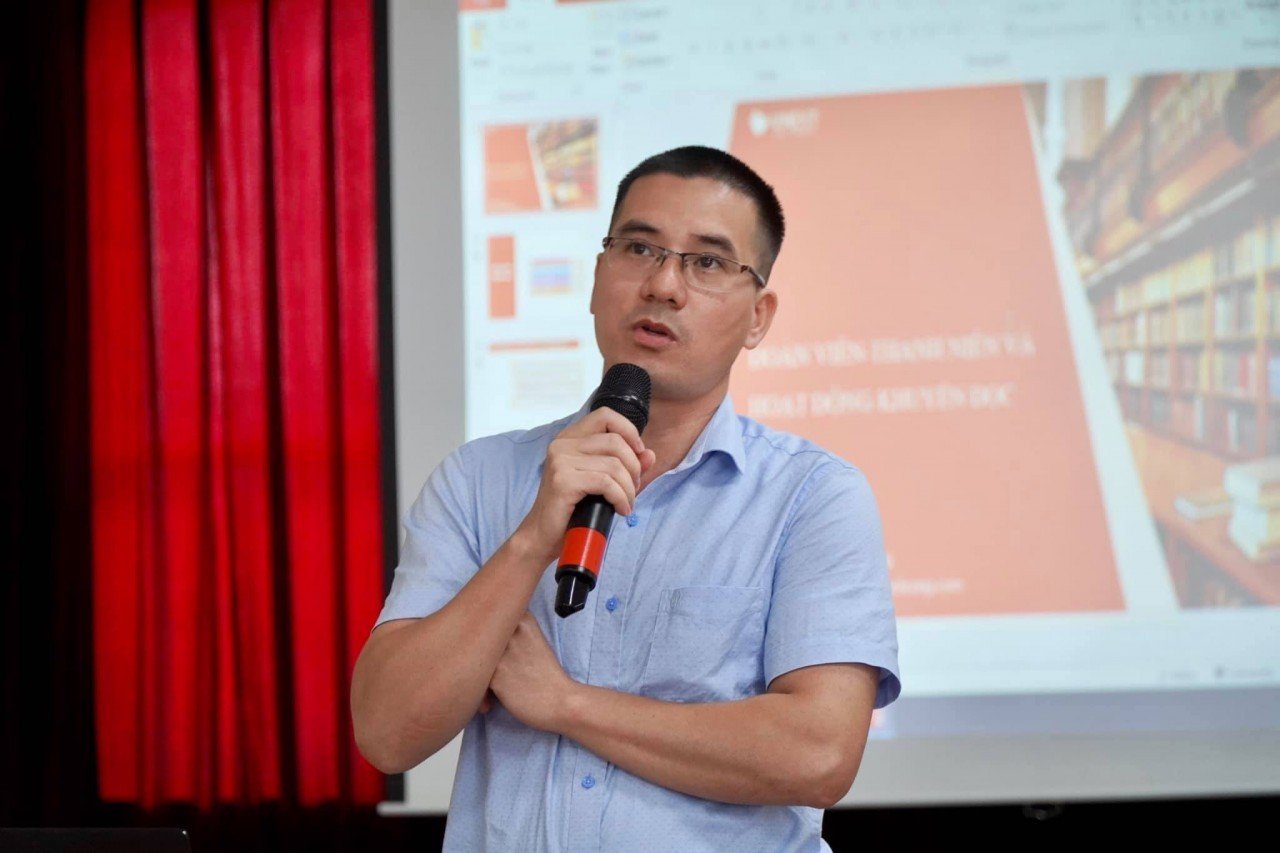 |
| Researcher and translator Nguyen Quoc Vuong believes that the important thing in innovating curriculum and textbooks is to create what kind of people? (Photo: NVCC) |
Implementing the mechanism of one program - many textbooks is a major policy in the innovation of the 2018 General Education Program. How do you evaluate the role of textbooks in this innovation?
In theory, when the State accepts a program - many sets of textbooks, it means that it has acknowledged the "relativity" of textbooks. Textbooks are no longer the only place to gather "absolute truths". This will be the basis for both educational management agencies, schools and teachers to recognize the great role and significance of "educational practice" that teachers carry out in schools, thereby encouraging teachers to be creative.
If this spirit of innovation is properly implemented, textbooks will only be one of the important reference materials when conducting general education. However, in reality, its implementation, from setting regulations, conducting appraisal to selecting and publishing, has encountered many major problems.
The implementation of the mechanism without strong research and communication work for the meaning of educational practice has been counterproductive. Since then, there have been many opinions suggesting a return to the mechanism of one program - one set of textbooks which was very outdated before.
Thus, it can be said that the success or failure of this reform will depend on how we will treat textbooks. Continue to consider them as "the only absolute truth" or consider them as a primary and important reference document for autonomy and creativity in educational practice with content and methods compiled and developed by ourselves...
According to you, what is the problem in the current picture of socialization of textbooks?
“Socialization” is a euphemism commonly used when talking about education in our country. That is why it has been misunderstood in many cases. The mechanism of one program - many textbooks is actually a textbook inspection system that has been implemented in the world for a long time.
In Japan, they implemented it from the Meiji period, then it was interrupted for a while and they continued to implement this system after 1945. In this mechanism, the state, the Ministry of Education only holds the right to draft the program, propose inspection regulations, evaluate the manuscript, request revisions to the manuscript and make the final assessment to decide whether the manuscript can become a textbook or not.
All the work of making textbooks is done by private publishing companies. They enjoy the profits and bear the losses, they do not use any budget money and the state does not interfere in their professional work.
In Vietnam, although this mechanism is implemented, it is difficult in the legal corridor. As a result, although "many textbooks" are implemented, most of those textbooks are compiled by the Vietnam Education Publishing House, the remaining one or two are also implemented by state-owned publishing houses, with no sign of private book companies participating.
Thus, despite “socialization”, the dynamic power of the private sector has hardly been utilized and promoted. This affects the quality as well as the price of textbooks.
If there are more textbooks compiled by the Ministry of Education and Training, will the current shortcomings be resolved?
I think the Ministry of Education and Training should not and need not compile any textbooks. If the Ministry of Education and Training compiles textbooks, it means that all other textbooks will be invalidated and non-state-owned book companies will have no chance to compile textbooks.
The Ministry of Education and Training is the highest administrative agency in education, the place that sets questions, gives answers, inspects, checks... That means the power of the Ministry is very great.
This will make schools and teachers automatically consider the textbooks of the Ministry of Education and Training as standard and safe. They will only choose that set of books.
This will return to the previous mechanism of one program - one set of textbooks. Other sets of books will "die young" and be wasted.
In my opinion, at this time, we must encourage dynamic factors to participate in compiling and publishing books.
In Japan, how is the mechanism of one program - many textbooks implemented? Can you share specifically?
In Japan, after implementing educational reform in 1947, Japan implemented a textbook inspection mechanism. In this mechanism, the Ministry of Education holds the right to set the curriculum and issue regulations for evaluating textbook manuscripts. All the selection of authors and compilation of textbooks is left to private publishers.
Therefore, each subject in Japan has 8-9 publishers participating. The manuscripts registered for review will be carefully read, commented on, requested for revision in writing, and then concluded as passing or failing. If passed, they will be considered textbooks (with a check mark on the book).
In Japan, compulsory education lasts for 9 years, so the government buys textbooks from grades 1 to 9 and provides them to students for free. Therefore, which set students choose does not affect their overall finances. In a family, if each sibling studies a different set of books, it does not change the total amount spent on textbooks. Japan also exempts tuition for compulsory education.
Some economically prosperous areas exempt tuition fees and provide textbooks for high school students. Textbooks in Japan were initially selected by schools, but were later given the right to choose by the Board of Education. In private schools, the principals choose based on their own school's advisory board.
In your opinion, what factors should be focused on when innovating curriculum and textbooks? How should the impact be evaluated? What are the solutions?
First, it is important to clarify the philosophy pursued and the goals to be achieved. What kind of person will be created by innovation, and what kind of society will that person create? Only then can we design specifically and not get lost or confused halfway.
The compilation of textbooks needs to create an open mechanism for the private sector and private book companies to participate in the compilation. The Ministry of Education and Training only needs to create a good, coherent, fair, and legally sound regulation. When there is an open mechanism and good legal framework, good authors and good book series will appear.
The government also needs to set a ceiling price for textbooks to prevent publishing companies from raising prices, which would affect the rights of the people. The government needs to research and implement free textbook distribution for high school students (at least until the end of junior high school) to avoid wasting textbooks and ensure fairness in education.
Thank you!
Education researcher and translator Nguyen Quoc Vuong has translated and written about 90 books on education, history, and culture. Some typical books include: - Translated books: Vietnam's education reform, National character, Happiness with daily life... - Books written: Reading books and the arduous journey of a thousand miles, What can Vietnamese education learn from Japan, History is not as boring as you think, Thinking about Vietnamese education on a long journey, Finding the philosophy of Vietnamese education... Award: Good Book Award 2020 for the book What Vietnamese Education Can Learn from Japan. |
Source



![[Photo] "Beauties" participate in the parade rehearsal at Bien Hoa airport](https://vstatic.vietnam.vn/vietnam/resource/IMAGE/2025/4/11/155502af3384431e918de0e2e585d13a)



![[Photo] Looking back at the impressive moments of the Vietnamese rescue team in Myanmar](https://vstatic.vietnam.vn/vietnam/resource/IMAGE/2025/4/11/5623ca902a934e19b604c718265249d0)
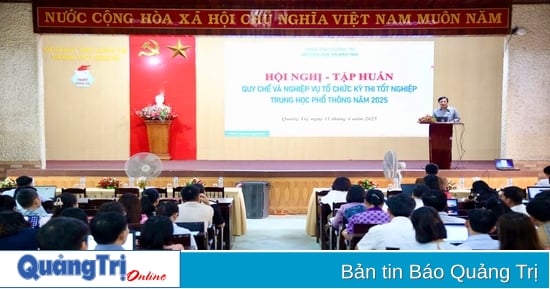

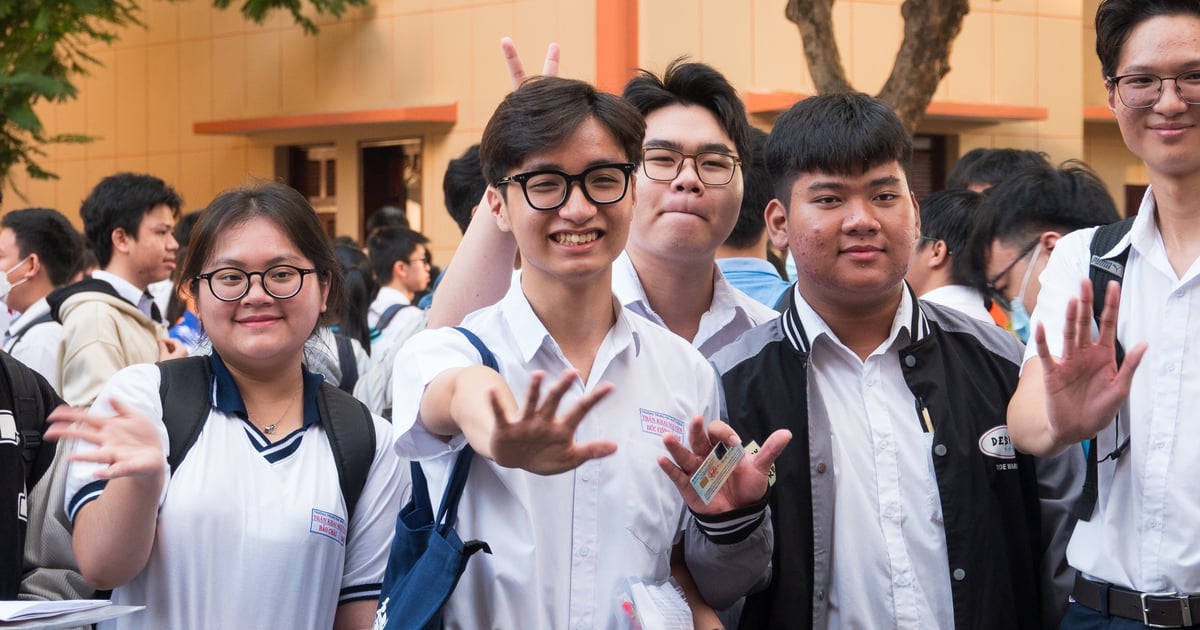

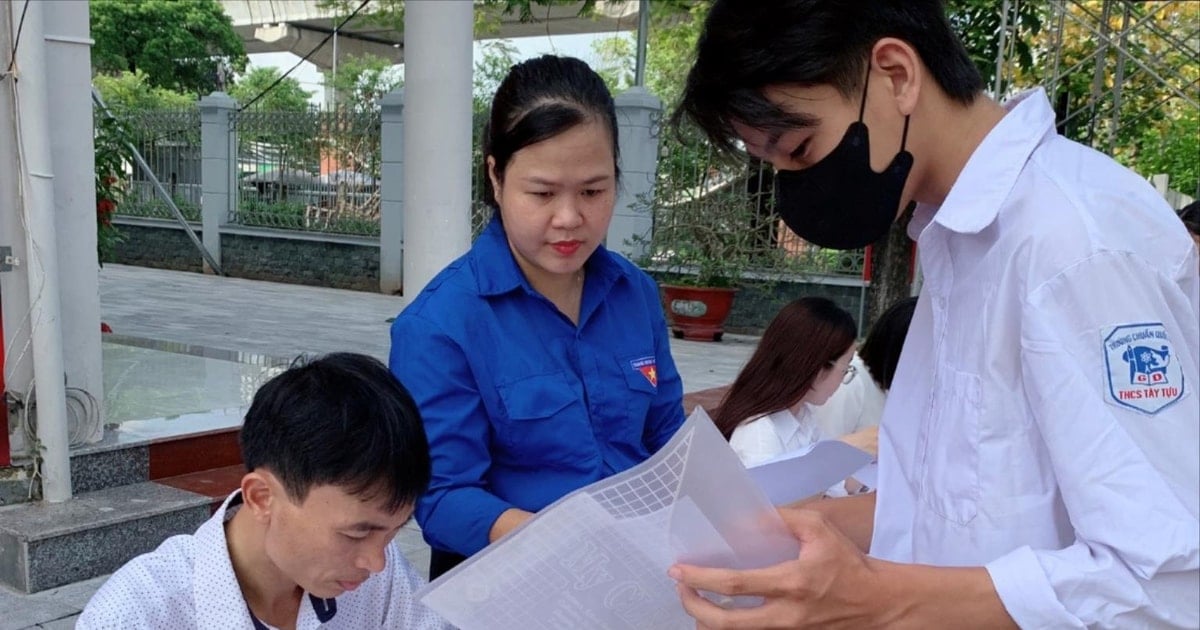

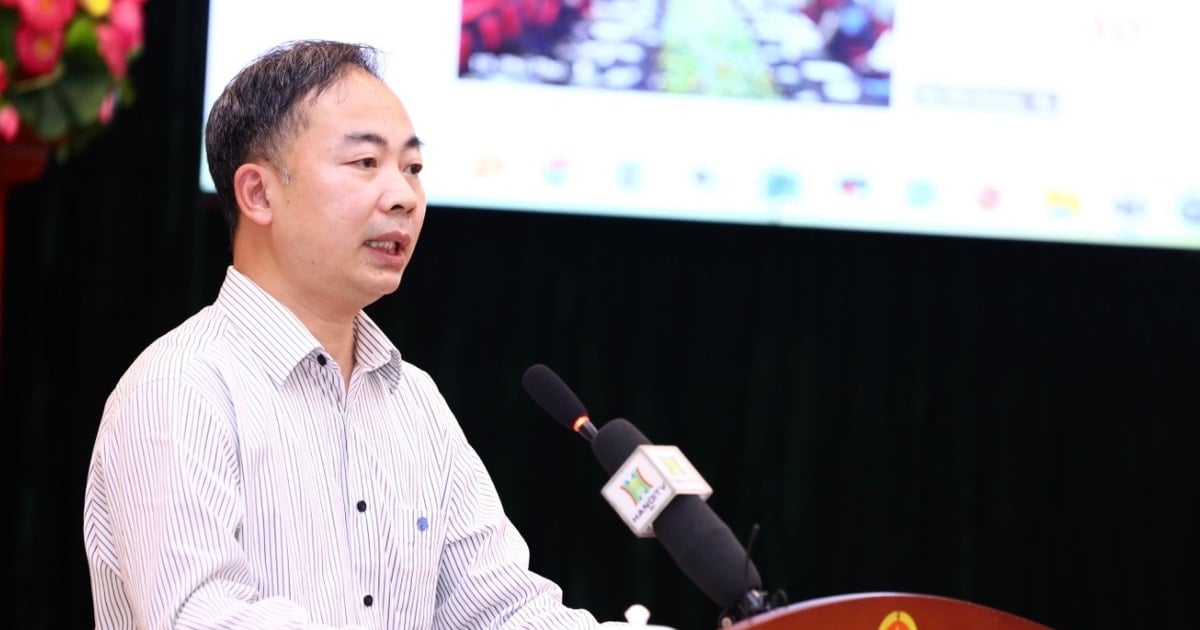
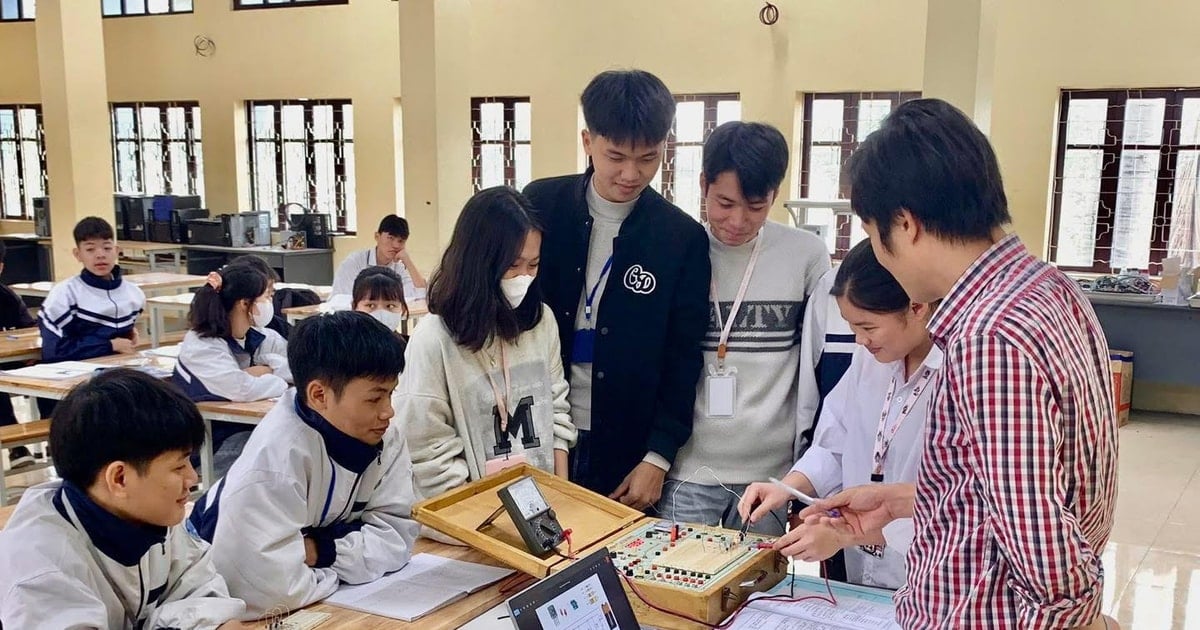
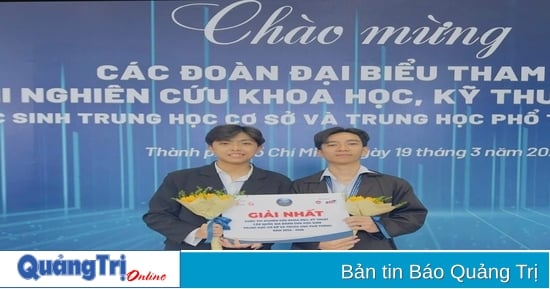


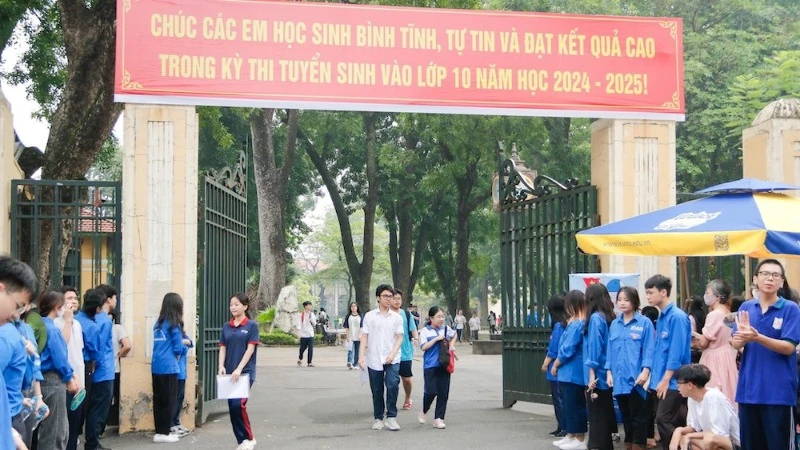
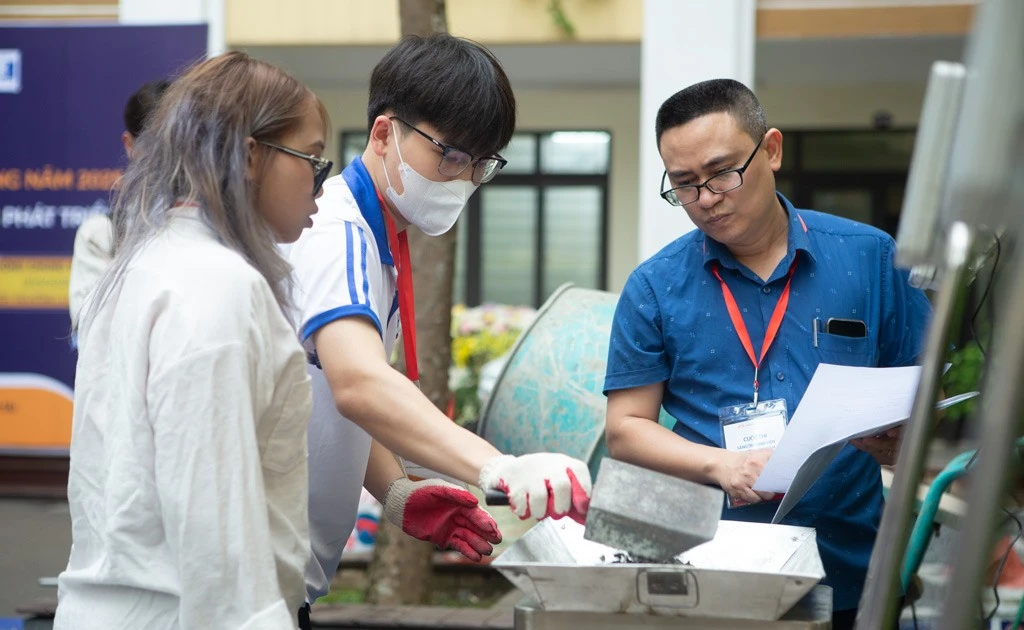
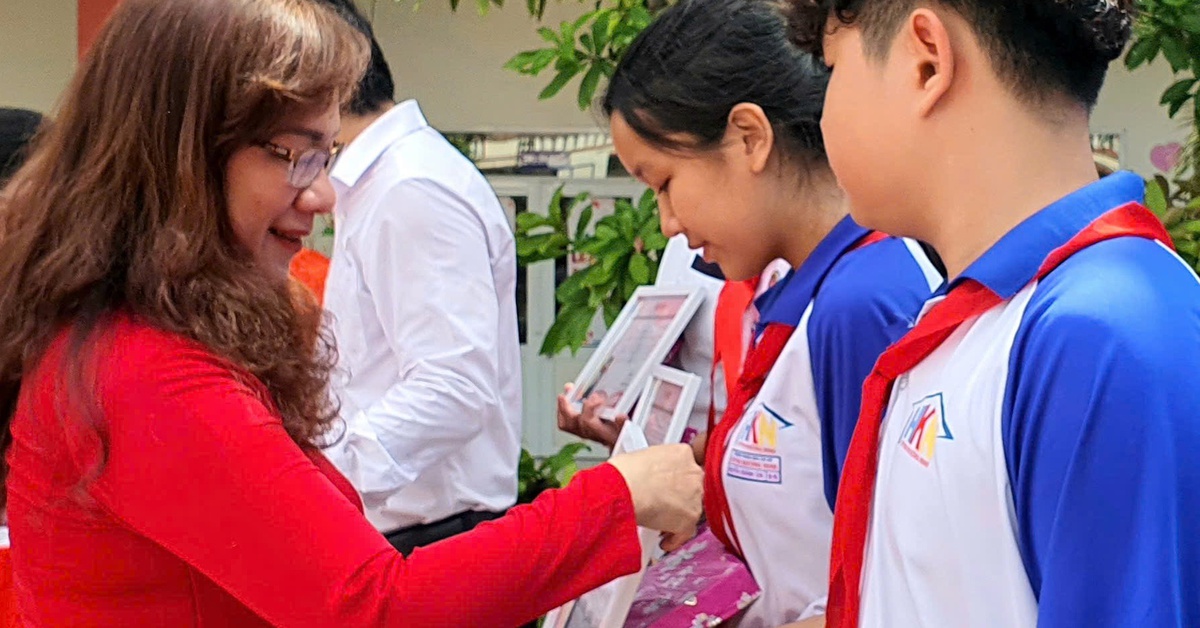
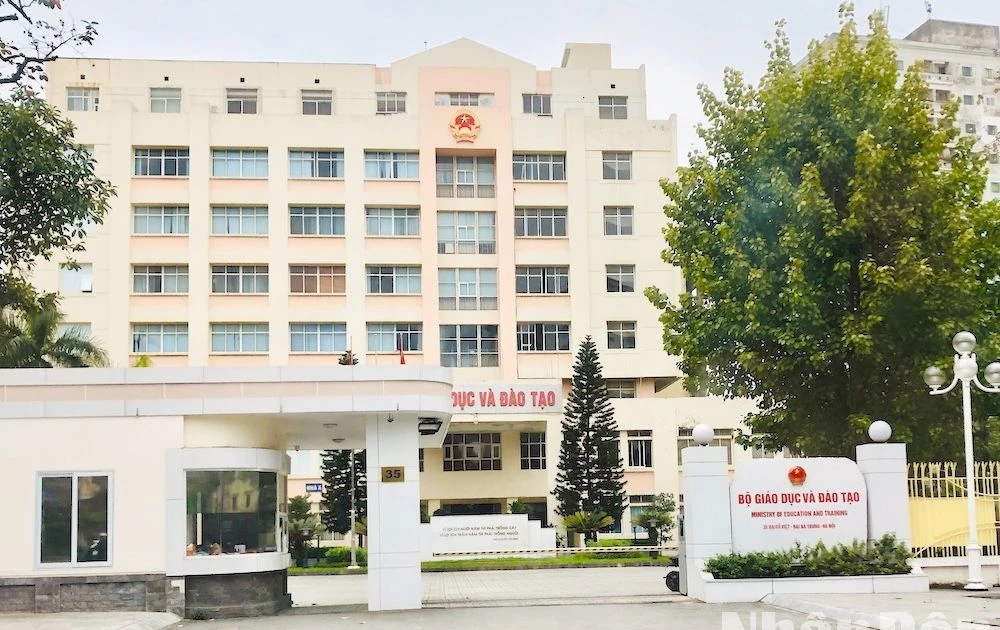
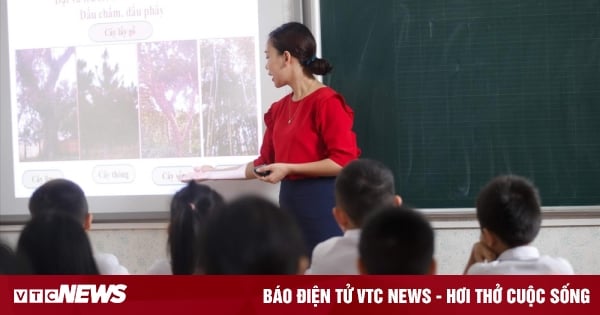


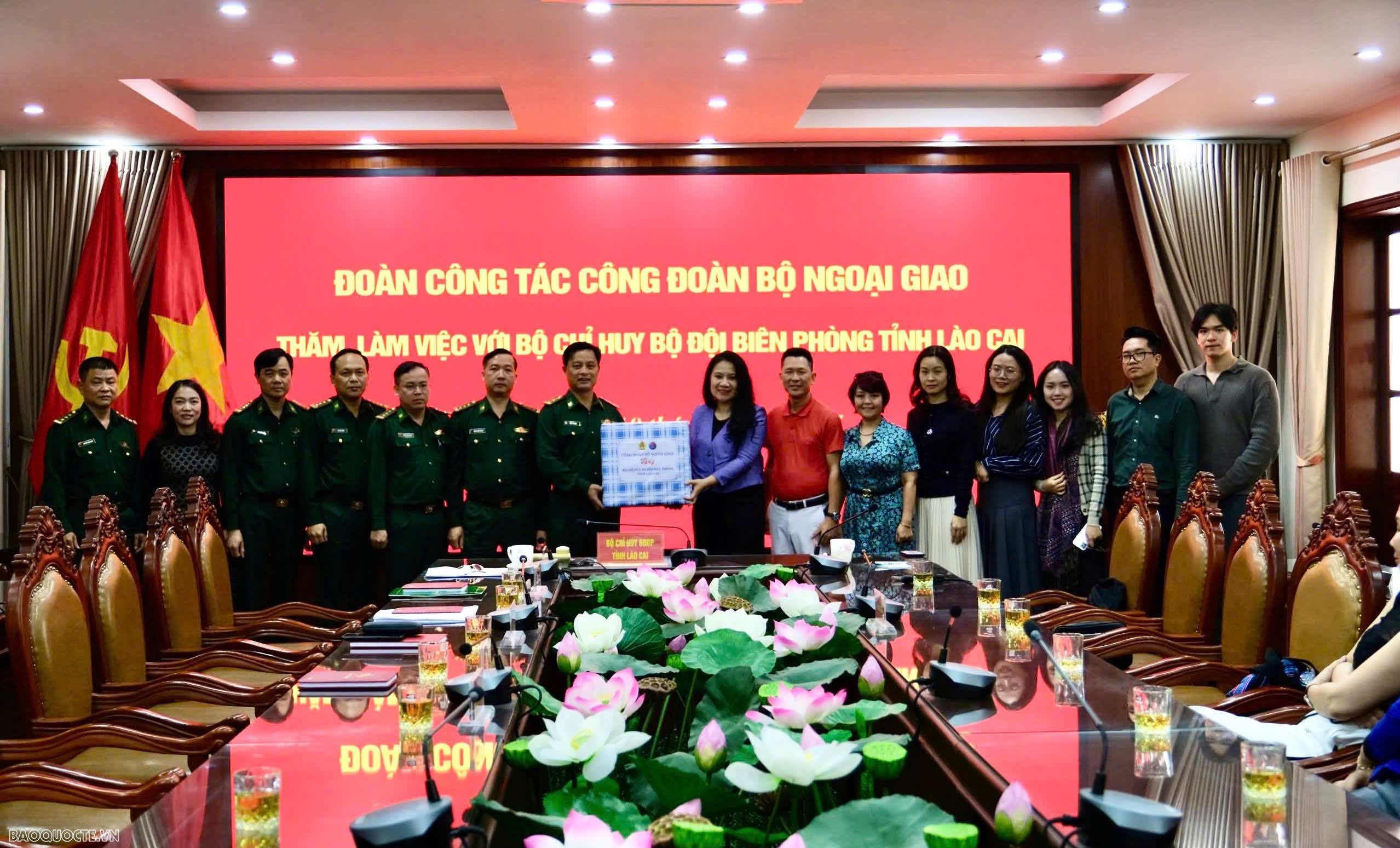
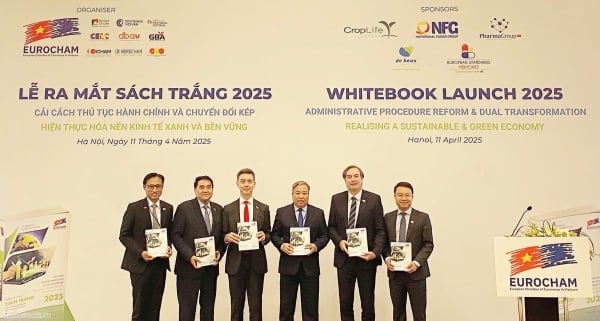
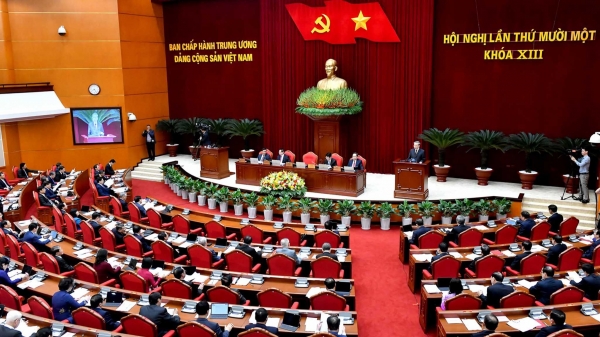
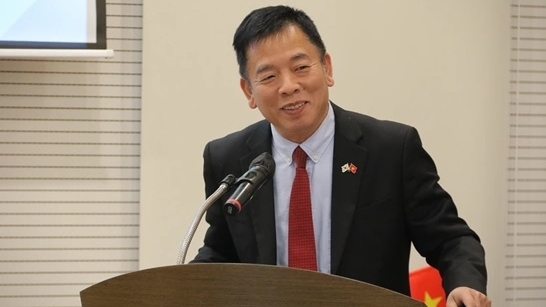

![[Photo] Summary of parade practice in preparation for the April 30th celebration](https://vstatic.vietnam.vn/vietnam/resource/IMAGE/2025/4/11/78cfee0f2cc045b387ff1a4362b5950f)








































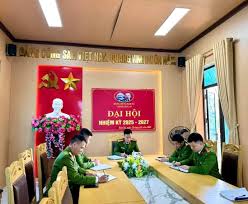
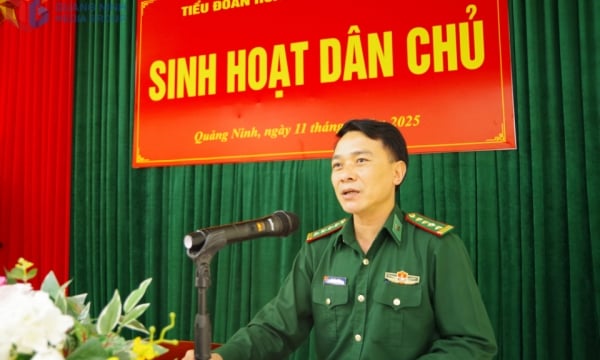
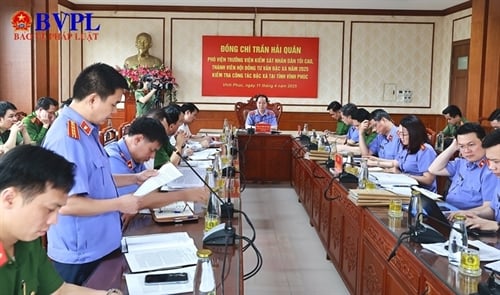
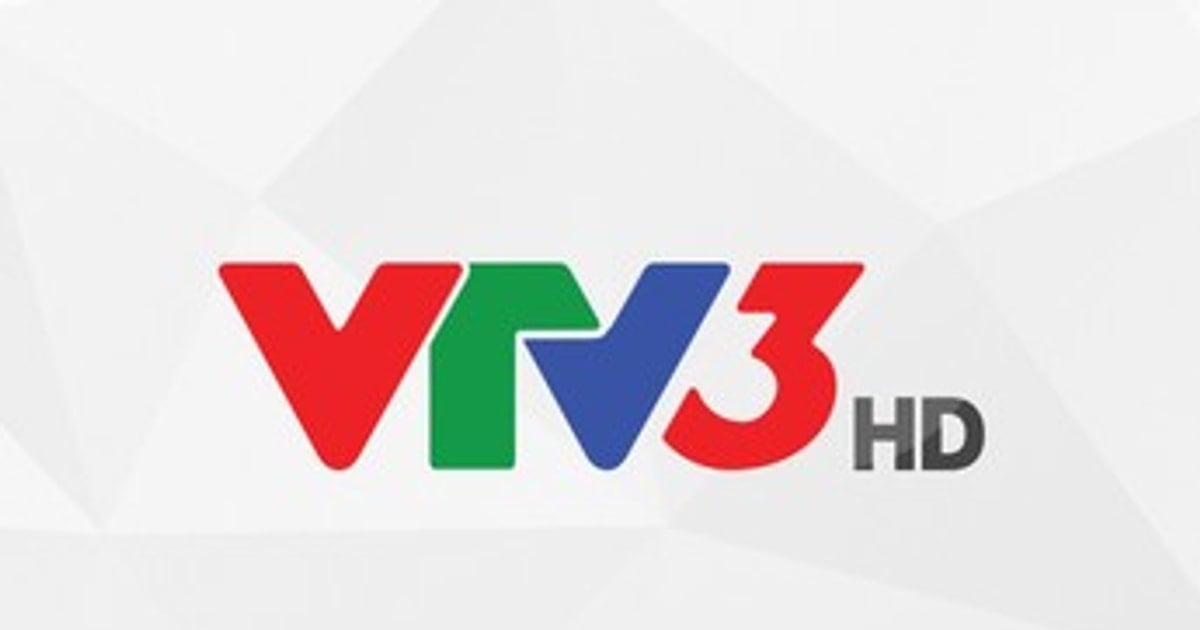


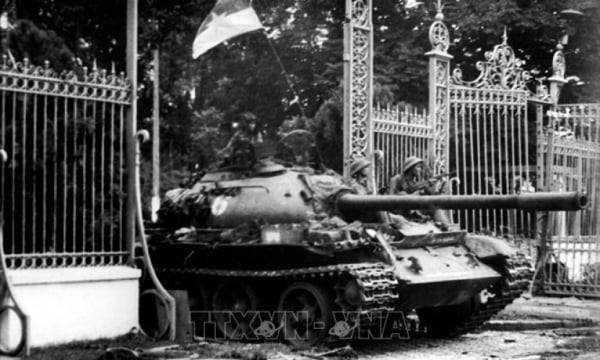











Comment (0)